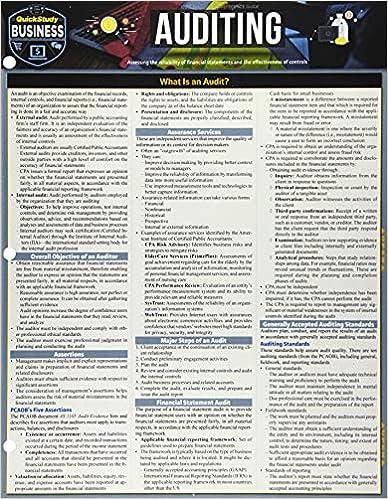Answered step by step
Verified Expert Solution
Question
1 Approved Answer
Please fill up the boxes accordingly by recording the January Transactions and Adjustments. VAUGHNLTD. Post-Closing TrialBalance December 31, 2020 Cash $70,000 Accounts receivable 480,000 Allowance











Please fill up the boxes accordingly by recording the January Transactions and Adjustments.
VAUGHNLTD. Post-Closing TrialBalance December 31, 2020 Cash $70,000 Accounts receivable 480,000 Allowance for doubtful accounts 24,000 Inventory 354,000 Estimated inventory returns 10,000 Equipment 1,800,000 Accumulated depreciation-equipment Accounts payable Interest payable (pertains to bank loan payable) Employee income tax payable CPP payable El payable Provisions Refund liability Deferred revenue Bank loan payable Common shares Retained earnings The company had the following transactions during January 2021. When recording these transactions, use the item number listed instead of the date and also use that same item number if recording a subsequent adjustment pertaining to that item. 1. The bank loan bears interest at 4% and requires monthly fixed payments of $12,000 including interest on the first day of the month. The company properly accrued interest on the loan at the end of 2020 . A loan payment was made on January 1,2021 , and the principal portion of that $12,000 payment was $8,000. 2. Accrued interest on the bank loan for the month of January 2021. 3. Early in January 2021, the company paid for a one-year insurance policy on equipment for $24,000. 4. Equipment has a useful life of five years and is depreciated on a double-diminishing-balance basis. 5. All of the payroll-related liabilities were paid off in early January 2021. 6a. At the end of January, salaries for that month were paid out. Gross salaries were $290,000 and amounts withheld from the employees' paycheques included the related employee income tax of $49,000, CPP of $14,775, and El of $4,698. 6b. In addition to these amounts, the employer was required to contribute $14,775 to CPP and $6,577 to EI. The salaries were paid but no amounts were remitted to the government regarding the salaries for January. 7. Paid a $9,000 income tax instalment. 8. Sales for the month of January were $800,000 and the cost of the inventory sold was $200,000. The company uses a perpetual inventory system. All sales were on credit. The company expects a 5% return rate. 9. Accounts receivable collected during the month were $780,000. 10. A customer owing the company $16,000 went bankrupt during January. 11. Reviewed outstanding accounts receivable. Determined, through an aging of accounts, that doubtful accounts were $30,000 at month end. 12a. Inventory costing $200,000 was purchased in January on credit. 12b. Office expenses of $42,000 were incurred on credit. 13. During the month of January, accounts payable amounting to $319,000 were paid. 14. The provisions at December 31, 2020, consisted of estimated damages from a lawsuit. In January, legal counsel felt that an additional $21,000 of damages had become probable that month. Any expenses relating to these damages are recorded in administrative expenses. 15. Deferred revenue consists of deposits from customers received in advance. No new deposits were received in January, but by the end of the month, management has estimated that deferred revenue at that time should be $6,000. Products sold to these customers that paid deposits cost 25% of the price they were sold at. 16. The company accepted product returns from credit customers in January. The sales value of these products was $36,000 and the company just reduced the receivable from the customer when the product was returned. The products returned were not damaged and cost 25% of the price they were sold at. 17. The company declared and paid dividends amounting to $7,000 in January. Record the January transactions and adjustments. (Credit account titles are automatically indented when the amount is entered. Do not indent manually. If no entry is required, select "No Entry" for the account titles and enter 0 for the amounts. List all debit entries before credit entries.) 5. 6a. 6b. 7. 8a. (To record sales) 8b. (To record Cost of Goods Sold) 9. 10 11. 12a. 12b. 13. 16. 17. Adjustments: 15a. 15bStep by Step Solution
There are 3 Steps involved in it
Step: 1

Get Instant Access to Expert-Tailored Solutions
See step-by-step solutions with expert insights and AI powered tools for academic success
Step: 2

Step: 3

Ace Your Homework with AI
Get the answers you need in no time with our AI-driven, step-by-step assistance
Get Started


